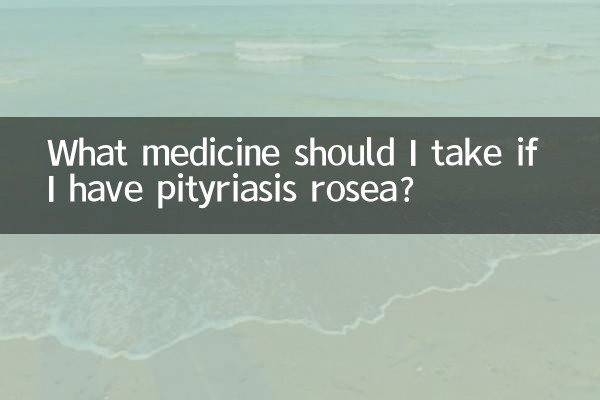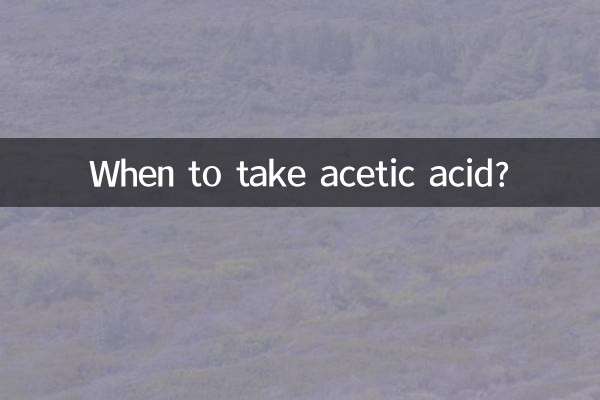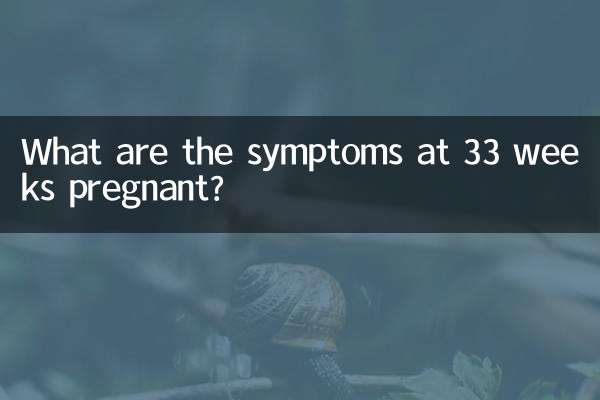What medicine should I take if I have pityriasis rosea?
Pityriasis rosea is a common self-limiting skin disease that affects adolescents and young adults. Although the disease usually resolves on its own within 6-8 weeks, patients still need care and medication to relieve symptoms. The following is a compilation of medical treatment suggestions for pityriasis rosea and hot health topics in the past 10 days.
1. Drug treatment of pityriasis rosea

The treatment of pityriasis rosea mainly focuses on relieving itching and inflammation. The following are commonly used drugs:
| drug type | Drug name | function | Things to note |
|---|---|---|---|
| antihistamines | Loratadine, Cetirizine | relieve itching | Avoid taking it with alcohol |
| topical hormones | hydrocortisone ointment | Reduce inflammation and redness | Not suitable for long-term use |
| moisturizer | Vaseline, urea cream | Relieve dry skin | Apply multiple times daily |
| Antiviral drugs (controversial) | Acyclovir | Some studies suggest it may be effective | Requires medical guidance |
2. Popular health topics in the past 10 days
The following are health-related topics that have been highly discussed on the Internet in the past 10 days:
| Ranking | hot topics | focus of discussion |
|---|---|---|
| 1 | New coronavirus variant JN.1 | Transmissibility and vaccine effectiveness |
| 2 | High incidence of influenza in winter | Preventive Measures and Drug Stockpiles |
| 3 | Semaglutide, the miracle drug for weight loss | Side effects and risk of abuse |
| 4 | Mycoplasma pneumonia | Infections among children surge |
| 5 | Helicobacter pylori treatment | Quadruple therapy and drug resistance |
3. Daily care suggestions for pityriasis rosea
In addition to medication, daily care is equally important:
1.avoid scratching: Scratching may worsen inflammation and lead to secondary infection.
2.gentle cleansing: Use warm water for bathing and avoid harsh soaps.
3.Wear loose clothing: Reduce friction on skin.
4.diet conditioning: Avoid spicy, seafood and other foods that may aggravate symptoms.
4. When do you need medical treatment?
If the following situations occur, it is recommended to seek medical treatment in time:
• Rash persists for more than 3 months
• Accompanied by systemic symptoms such as high fever and joint pain
• Pustules or obvious signs of infection appear on the skin
Although pityriasis rosea can heal on its own, correct medication and care can significantly improve the comfort of recovery. It is recommended that patients consult a doctor before taking medication, especially pregnant women, children and other special groups.

check the details

check the details